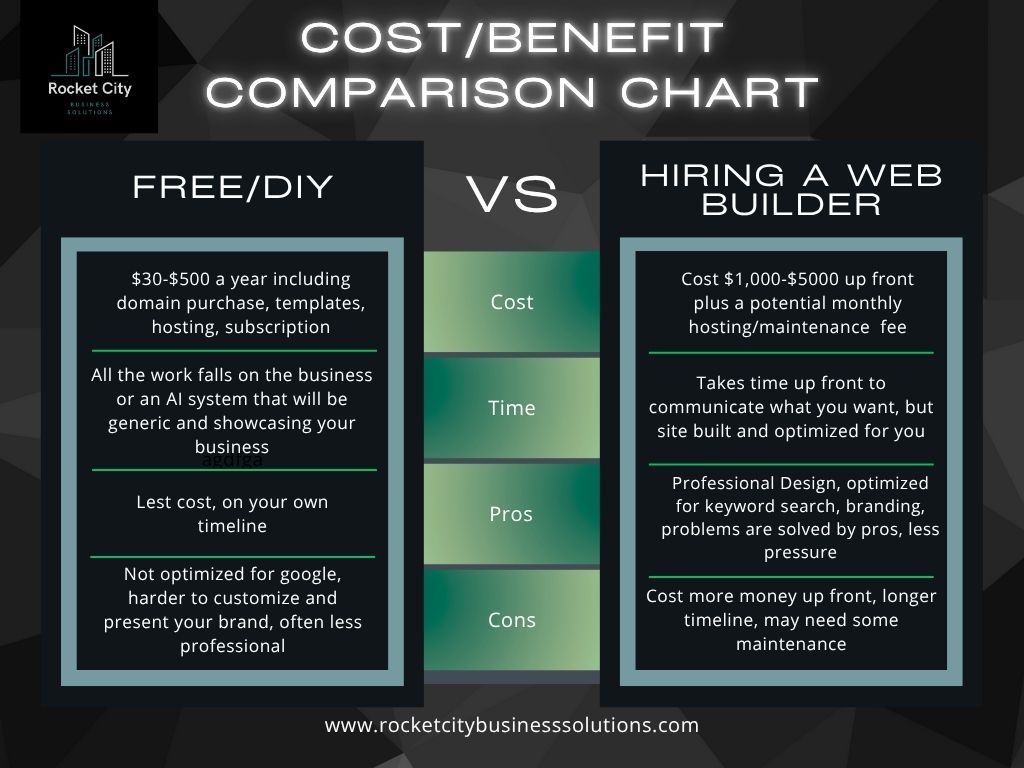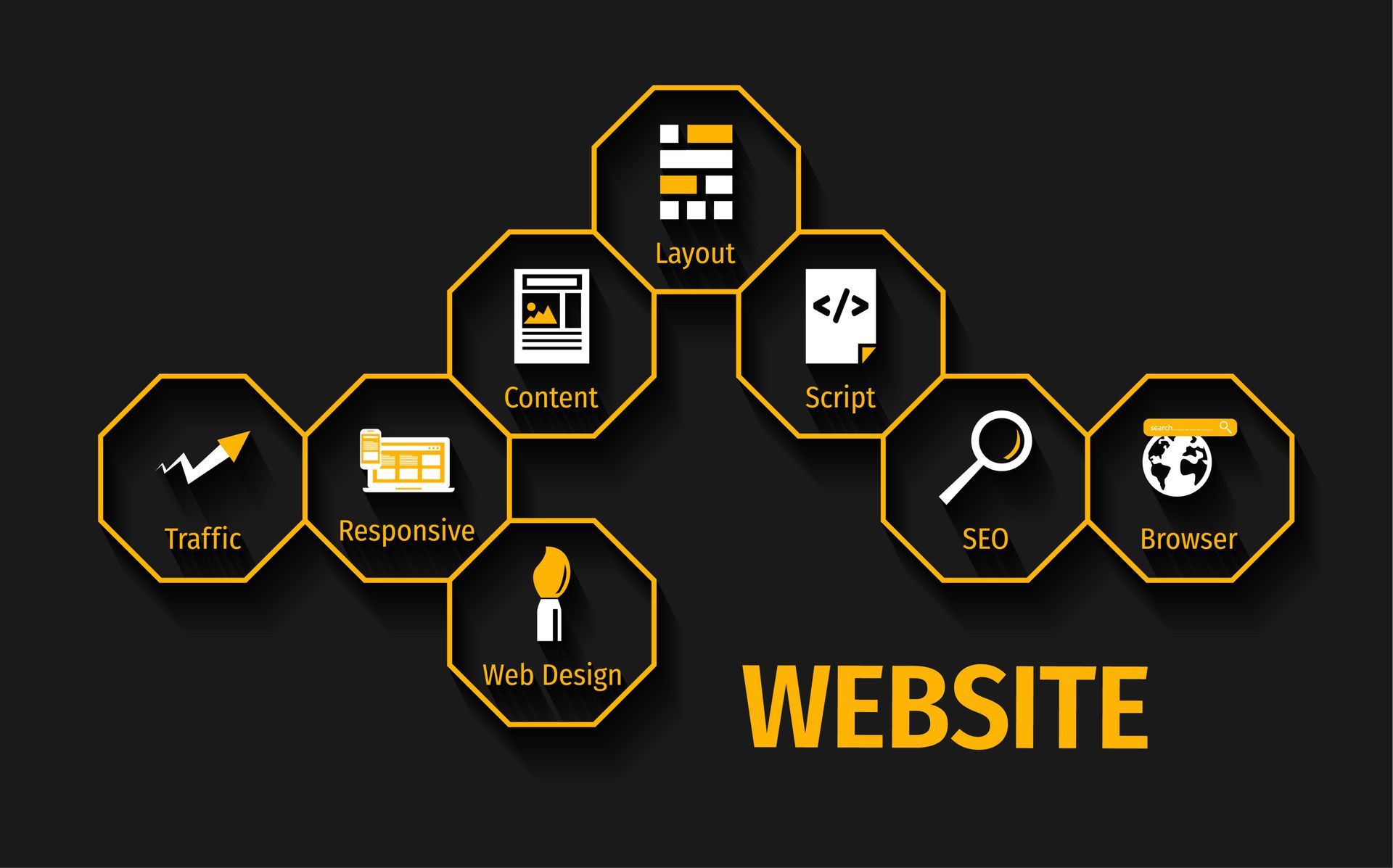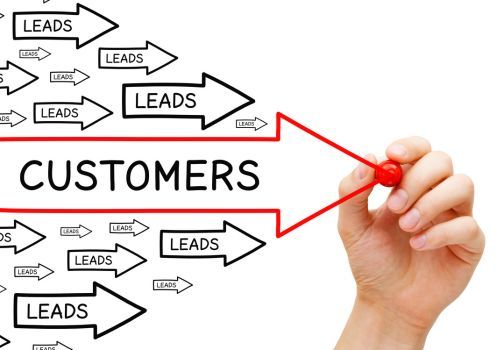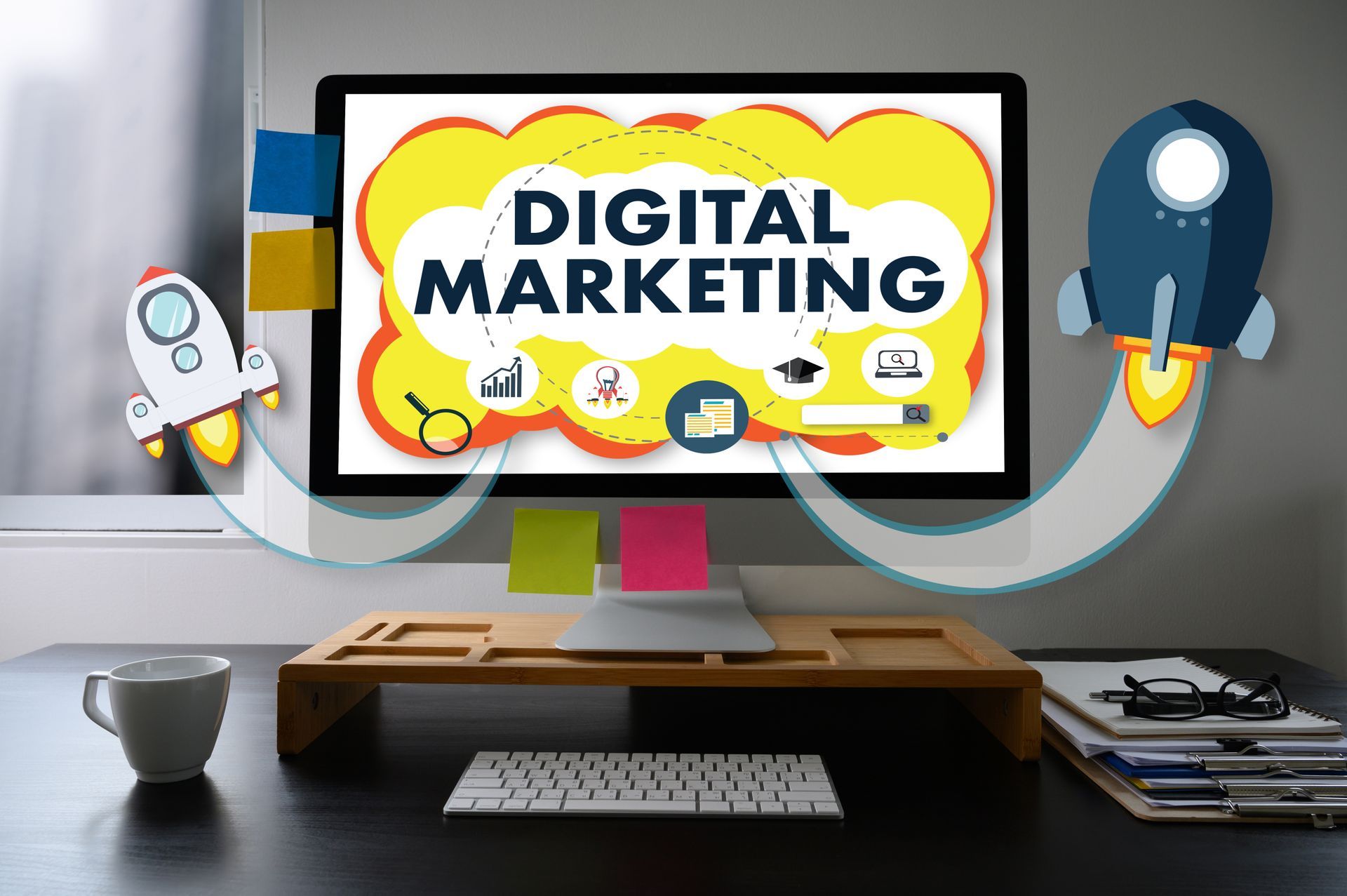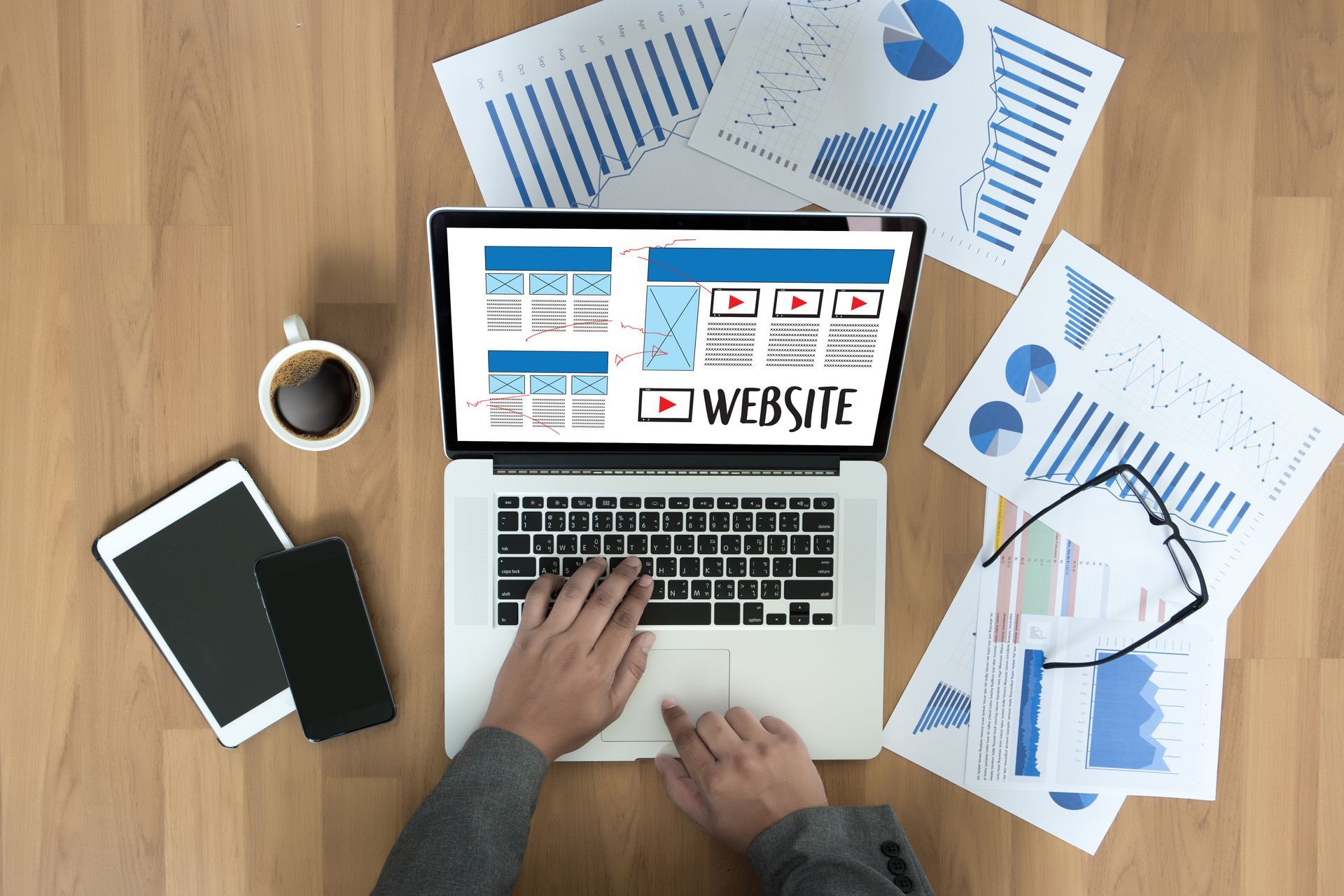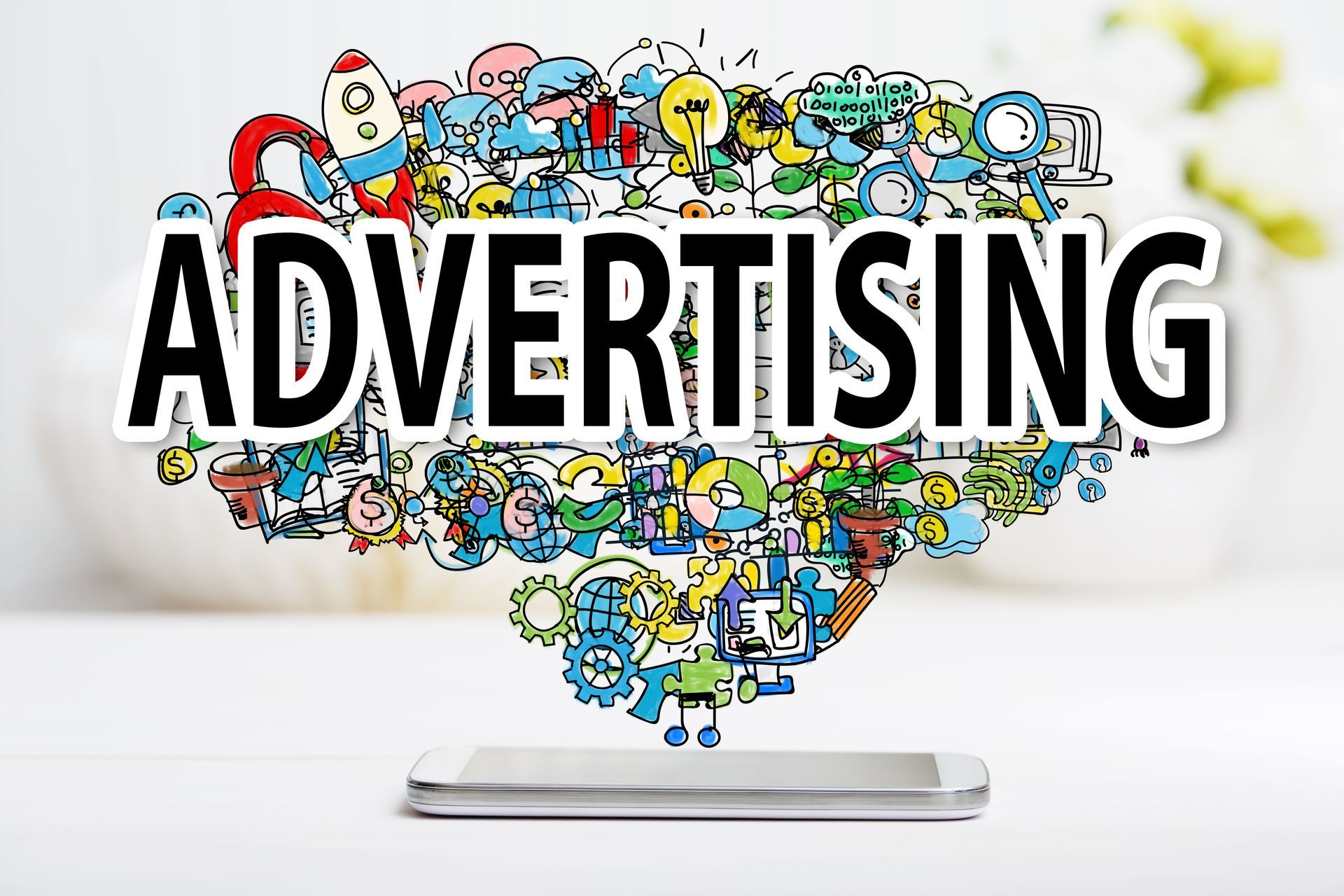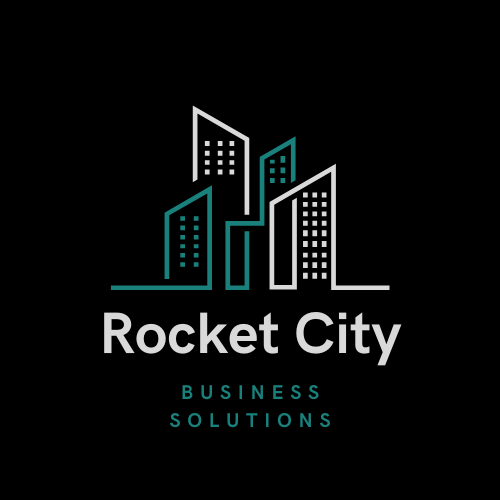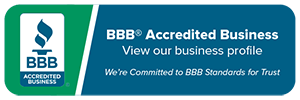Unlocking Success: The Ultimate Guide to Website Design in Huntsville, AL
In today's digital landscape, your website is more than just an online presence; it’s the cornerstone of your brand’s identity. For businesses in Huntsville, AL, the importance of effective website design can't be overstated. Crafting a site that not only looks stunning but also provides an exceptional user experience is essential for capturing and retaining customers. From mobile responsiveness to intuitive navigation, every aspect of your design plays a crucial role in drawing visitors in and keeping them engaged.
Join us as we explore the key elements and best practices that will unlock your website's full potential. Whether you’re a local startup or an established enterprise, this ultimate guide to website design in Huntsville will equip you with the insights and tools you need to enhance your online presence, boost brand visibility, and drive sales. Let’s dive into the creative world of web design and discover how to elevate your business in the Rocket City!
What's the Cost and Is it Worth It?
Your site is often your hardest‑working employee. But building one doesn’t always have to cost a fortune. Here’s a friendly guide to help small business owners understand their options—from zero‑cost DIY to professional custom websites around $5,000 or more.
For businesses looking to get online quickly with little or no budget, free or very low‑cost DIY website builders are a popular starting point. Platforms like Wix, Weebly, Jimdo, and Hostinger’s builder offer free tiers or plans that cost only a few dollars per month (TechRadar, Tom’s Guide). These are ideal for testing ideas, side projects, or personal portfolios because they allow you to launch almost instantly with no technical skills. However, the trade‑offs include a branded domain (such as yourbusiness.wixsite.com), platform ads on your site, and limited features unless you upgrade. While these limitations may be fine for a short‑term or trial project, they can look less professional for an established brand and end up spending money up front just to pay money for a more professional site soon after.
A step up from the free tier is a budget paid builder plan, which usually runs anywhere from $3 to $40 per month (roughly $40–$500 per year). Options like Hostinger’s Website Builder, Wix Light, and Squarespace include custom domains, ad‑free sites, SSL security, and more flexibility with templates. Some even offer basic ecommerce and blog functionality. This tier strikes a balance between affordability and professionalism, making it a good fit for small businesses that want a functional, branded website without a big upfront investment. The main limitation is customization—these platforms are still somewhat rigid, and switching templates or platforms later can require extra work. It also needs to be said that there are many people on facebook that post offers about a "professional custom website for only $150 with no gimmicks or extra cost. This just means that it is going to be generic and built with AI for a quick buck rather than to really showcase your business and the products/services that you have to offer.
For businesses ready for more polished branding and flexibility, working with a freelancer or small design service can be a great middle ground. At the $500–$1,500 range, a designer may customize a premium WordPress theme or another platform template with your branding, colors, and copy. This approach provides a more tailored look and better alignment with your business identity than a standard DIY template. The downside is that these sites are still based on pre‑built templates, so flexibility is limited, and ongoing changes may require additional costs for support.
At the high end of the range for most small businesses is a fully custom website, typically costing $1,500 to $5,000 (Business.com, Leadpages). A professional designer or agency will create a unique design, custom coding, responsive mobile layouts, and often include features like SEO optimization, analytics, and scalable site architecture. These sites offer the most flexibility, growth potential, and polished appearance, but they also require a bigger investment and take longer to complete—usually several weeks rather than hours. Custom sites also need a plan for ongoing maintenance, which can be managed in‑house or contracted out.
While this guide caps at $5,000, it’s worth noting that more complex websites—such as ecommerce stores, booking systems, or membership platforms—can cost $10,000 or more (WebFX, Hostinger). These are usually best suited for businesses with advanced functionality needs and a larger growth plan.
Choosing the right approach comes down to your budget, your branding goals, and how much control you want over your site. Free plans are great for testing ideas, budget builder plans work well for cost‑conscious businesses seeking professionalism, template customization offers a balance of design and price, and a fully custom build provides the most flexibility and growth potential. Whatever route you choose, remember to factor in not just the upfront cost, but also the long‑term value and the role your website will play in growing your business. Here is a chart that breaks down the cost and some pros and cons of free/DIY vs hiring someone.
Conclusion: Taking the Next Steps in Your Website Design Journey
As we conclude this ultimate guide to website design in Huntsville, AL, it is clear that a well-designed website is a powerful tool for business success. From understanding the importance of website design to exploring key elements and current trends, we have covered the essential aspects that contribute to an effective online presence. By considering local insights and choosing the right design agency, businesses in Huntsville can create websites that resonate with their audience and stand out in a competitive market.
For those opting for DIY website design, numerous tools and resources are available to help you create a professional and visually appealing site. Optimizing your website for SEO and ensuring mobile responsiveness are critical steps in reaching a broader audience and enhancing user experience. Measuring success through analytics and performance tracking allows you to make data-driven decisions and continually improve your website’s effectiveness.
As you embark on your
website design journey, remember that your website is a reflection of your brand and a key driver of business growth. Whether you are a local startup or an established enterprise, investing in quality website design can unlock new opportunities and elevate your business in the Rocket City. With the insights and tools provided in this guide, you are well-equipped to create a website that not only looks stunning but also delivers exceptional user experiences and drives success.

